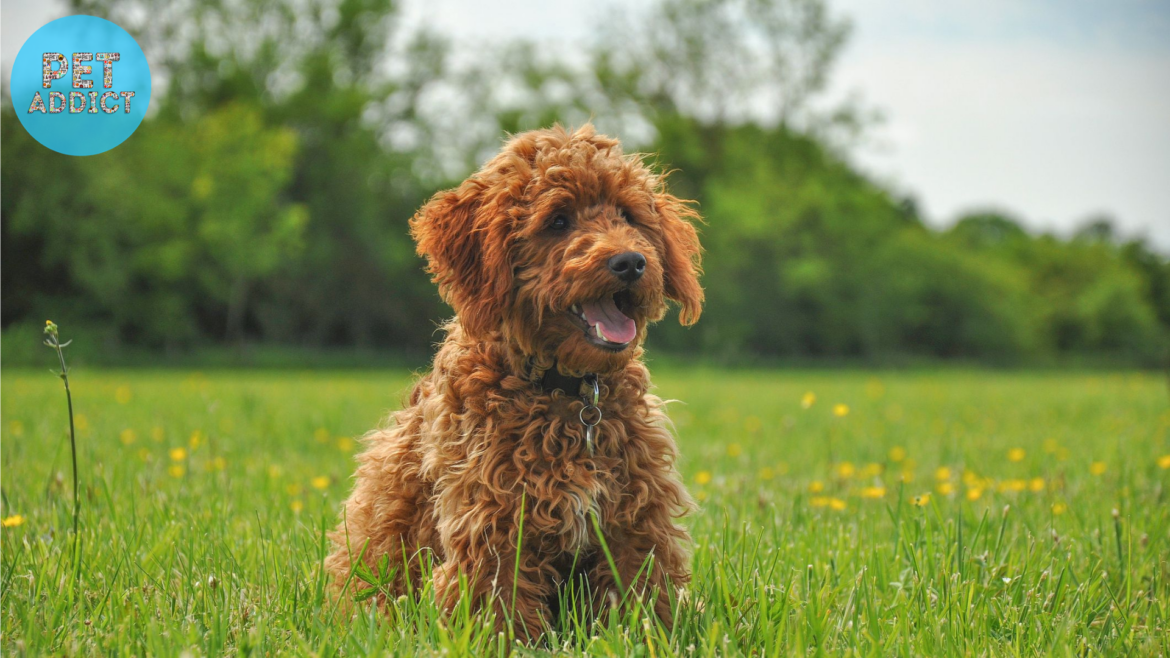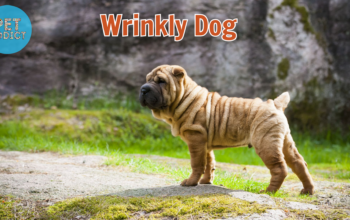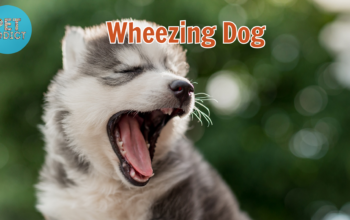Introduction
Teddy Bear Dogs have captured the hearts of many pet lovers with their irresistibly cute appearance and affectionate nature. In this article, we will explore the world of Teddy Bear Dog breeds, their characteristics, suitability as family pets, training and care requirements, and provide useful insights for choosing the perfect Teddy Bear Dog for your home.
PetAddict.net – The best place where you can find everything about your pet!
Characteristics of Teddy Bear Dogs
Teddy Bear Dogs, as the name suggests, resemble cute teddy bears due to their fluffy coats, round faces, and expressive eyes. They are small to medium-sized dogs with charming and endearing appearance that melts hearts wherever they go. These dogs come in various sizes, ranging from teacup varieties weighing a few pounds to larger Teddy Bear Dogs weighing up to 20 pounds.
Their coats are a prominent feature, and they often have a soft and fluffy texture. Teddy Bear Dogs are known for their coat colors, which can include combinations of white, brown, black, apricot, or a mix of these hues. These delightful canines are known for their gentle and friendly personalities, making them perfect companions for individuals and families alike.
Popular Teddy Bear Dog Breeds
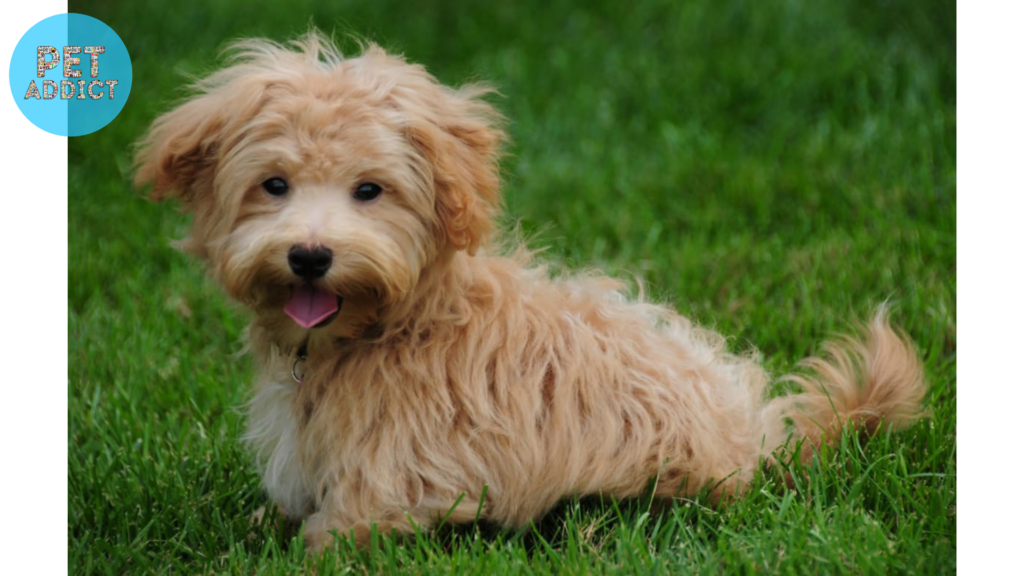
Several breeds are commonly referred to as Teddy Bear Dogs due to their appearance and temperament. Let’s explore some of the most popular Teddy Bear Dog breeds:
- Shih Tzu:
- Bichon Frise:
- Pomeranian:
- Cavalier King Charles Spaniel:
- Maltese:
- Yorkshire Terrier:
- Havanese:
Each of these breeds possesses unique qualities that contribute to the overall teddy bear-like appearance and loving nature.
Teddy Bear Dogs as Family Pets

Teddy Bear Dogs are well-suited for families due to their adaptability and friendly nature. They can adapt to various living conditions, including apartments and houses, making them ideal for urban dwellers. While they are generally small in size, they still require regular exercise to keep them healthy and happy.
When it comes to compatibility with children and other pets, Teddy Bear Dogs excel in their ability to get along with everyone. Their gentle temperament makes them great playmates for kids, and their friendly demeanor ensures they can peacefully coexist with other pets.
Training and Socialization
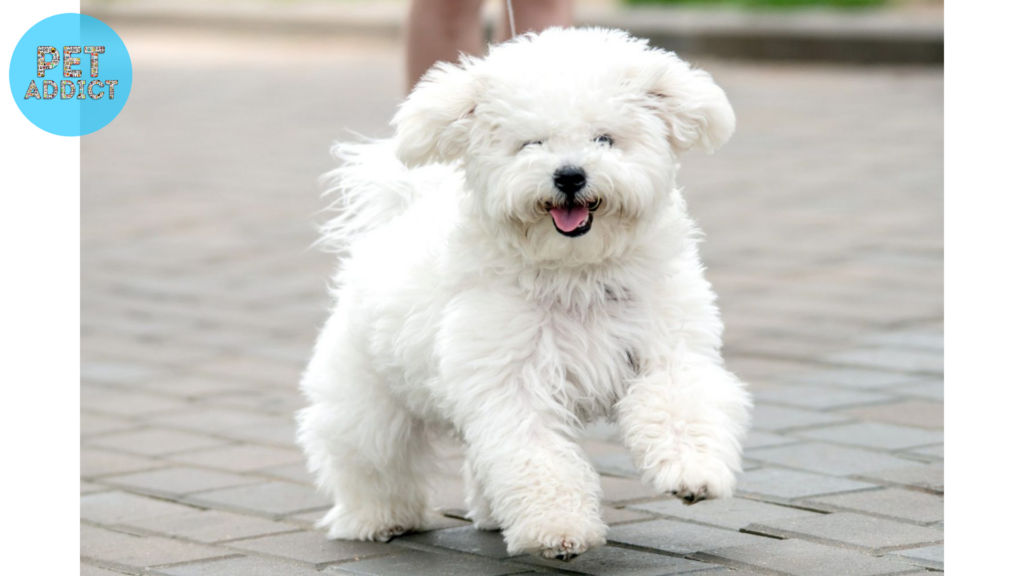
Like all dogs, Teddy Bear Dogs benefit from training and socialization. Obedience training is essential to ensure they understand basic commands and behave appropriately. Housebreaking is another crucial aspect to establish good hygiene habits early on.
Socializing Teddy Bear Dogs with humans and animals is vital to develop their confidence and prevent behavioral issues. Positive reinforcement methods, such as treats and praise, are effective in training these intelligent and eager-to-please dogs.
Health and Care
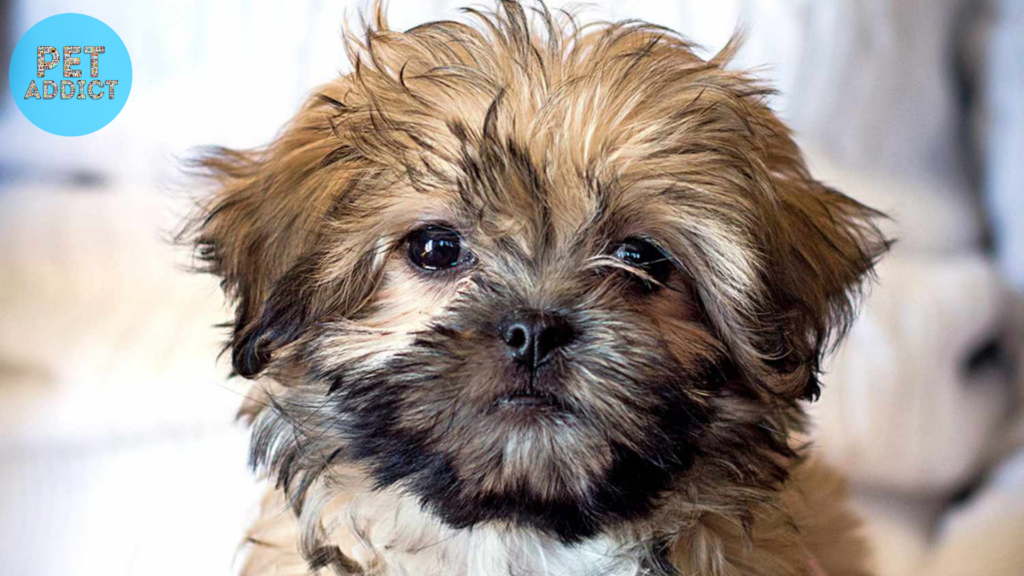
Teddy Bear Dogs are generally healthy, but they may be prone to certain health issues common in their respective breeds. Regular visits to the veterinarian, vaccinations, and preventive care are essential to maintain their well-being.
Proper nutrition is crucial for Teddy Bear Dogs, as their diet should be tailored to their size and age. Grooming requirements vary depending on the coat type, but regular brushing and occasional professional grooming will help keep their coats healthy and free from tangles or matting.
Choosing a Teddy Bear Dog

If you’re considering adding a Teddy Bear Dog to your family, it’s essential to research and find reputable breeders. Responsible breeders prioritize the health and welfare of their dogs and provide a supportive environment for their puppies.
Another option is adoption through rescue organizations, which can be a rewarding way to give a loving home to a Teddy Bear Dog in need. When evaluating puppies or adult dogs, observe their behavior, temperament, and overall health to ensure they are a good fit for your family and lifestyle.
Conclusion
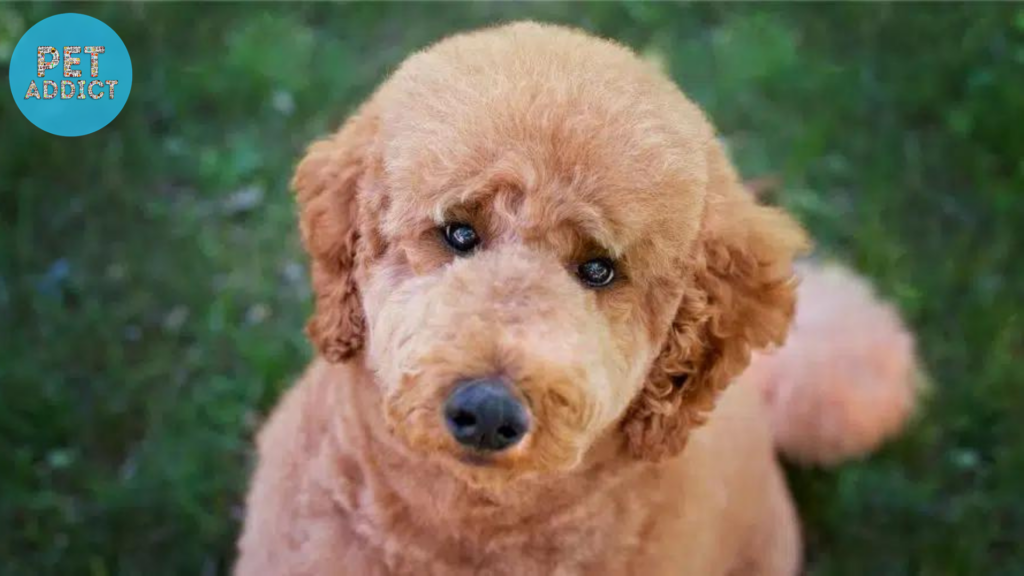
Teddy Bear Dog breeds bring joy and happiness to countless families around the world. Their adorable appearance, loving nature, and compatibility with various living conditions make them highly sought after as family pets. By understanding their characteristics, training needs, health care requirements, and responsible sourcing options, you can provide a loving and fulfilling life for your very own Teddy Bear Dog.
FAQs
1. Are Teddy Bear Dogs hypoallergenic?
Yes, many Teddy Bear Dog breeds are considered hypoallergenic, which means they are less likely to cause allergies in sensitive individuals. However, it’s essential to note that no dog breed is completely hypoallergenic, and individual reactions may vary.
2. How much exercise do Teddy Bear Dogs need?
While Teddy Bear Dogs are small in size, they still require daily exercise to keep them physically and mentally stimulated. A moderate amount of exercise, such as short walks or playtime, is usually sufficient to meet their needs.
3. Can Teddy Bear Dogs live in apartments?
Yes, Teddy Bear Dogs can adapt well to apartment living. Their small size and moderate exercise requirements make them suitable for apartment dwellers, as long as they receive regular walks and playtime.
4. Are Teddy Bear Dogs good with children?
Yes, Teddy Bear Dogs are generally good with children. They have a friendly and gentle nature, making them great companions for kids. However, it’s important to supervise interactions between dogs and young children to ensure safety and teach children how to properly interact with pets.
5. Do Teddy Bear Dogs shed?
Teddy Bear Dogs typically have low-shedding coats. However, it’s important to note that each individual dog’s coat may vary. Regular grooming and brushing can help minimize shedding and keep their coats looking their best.

